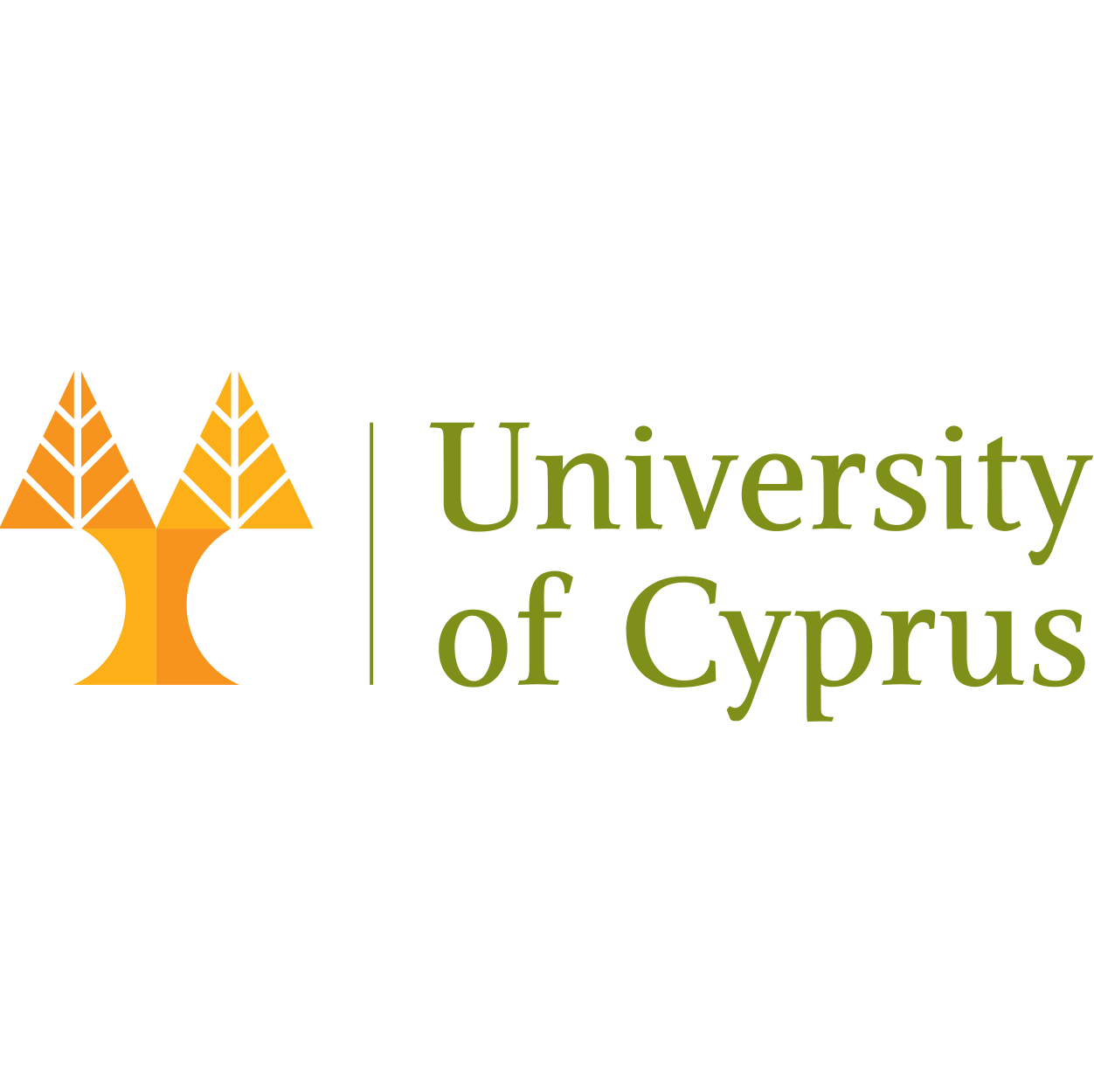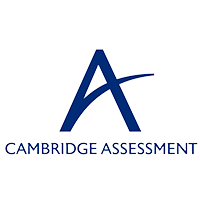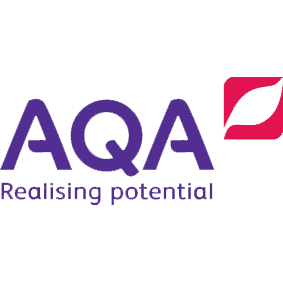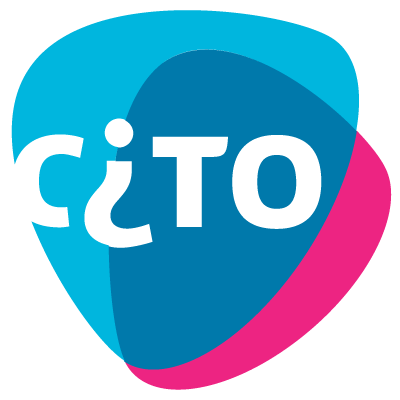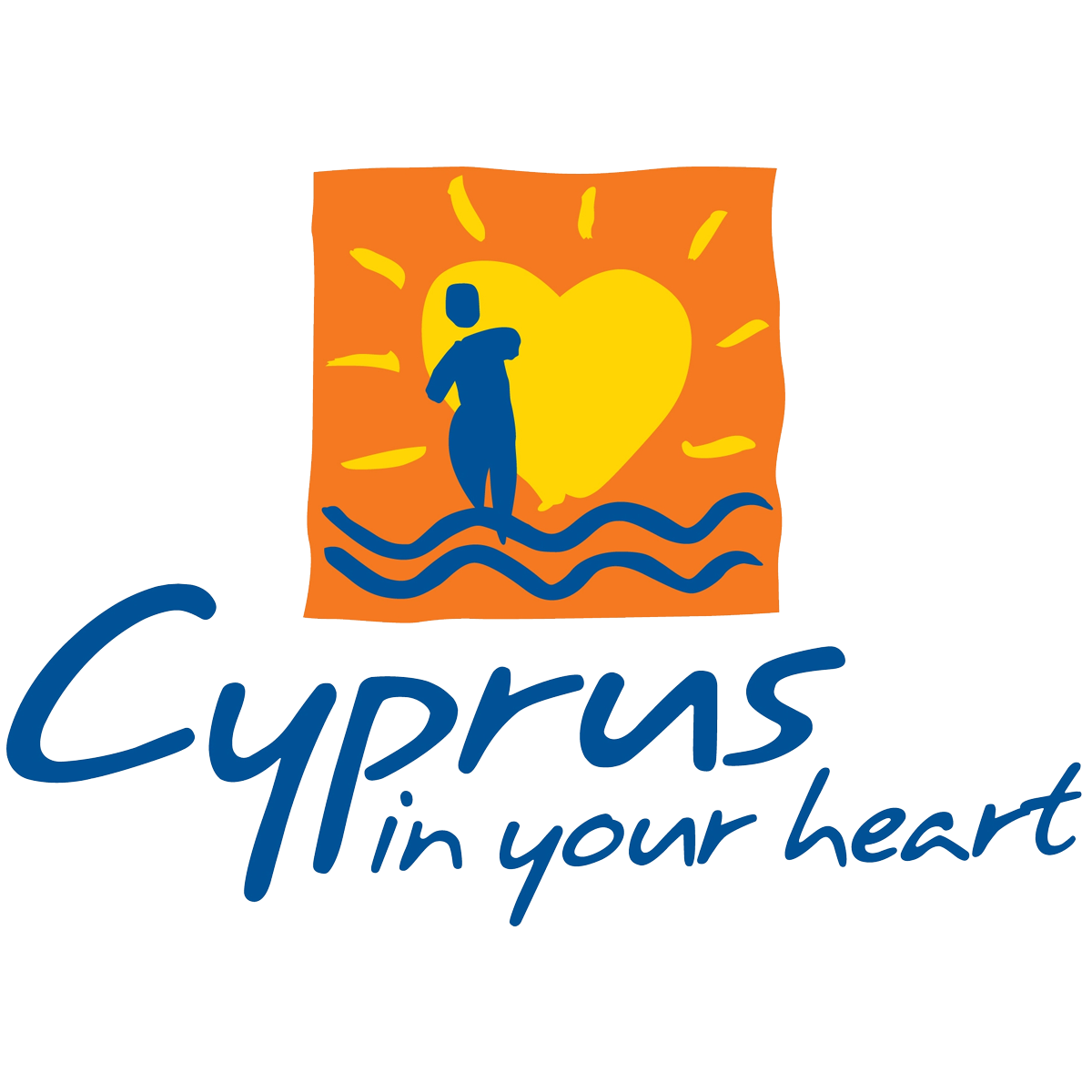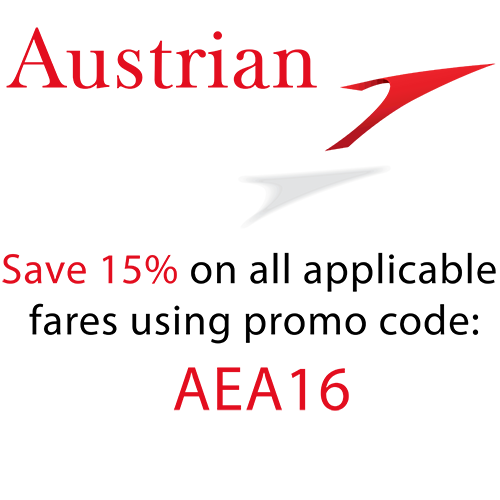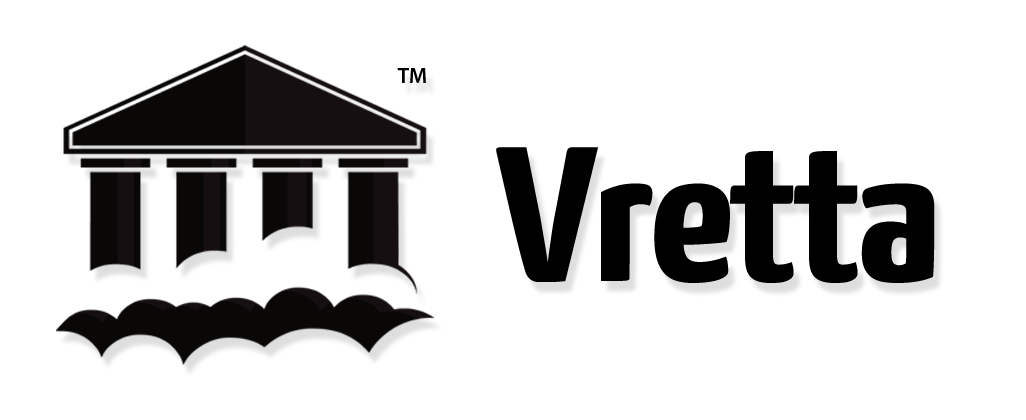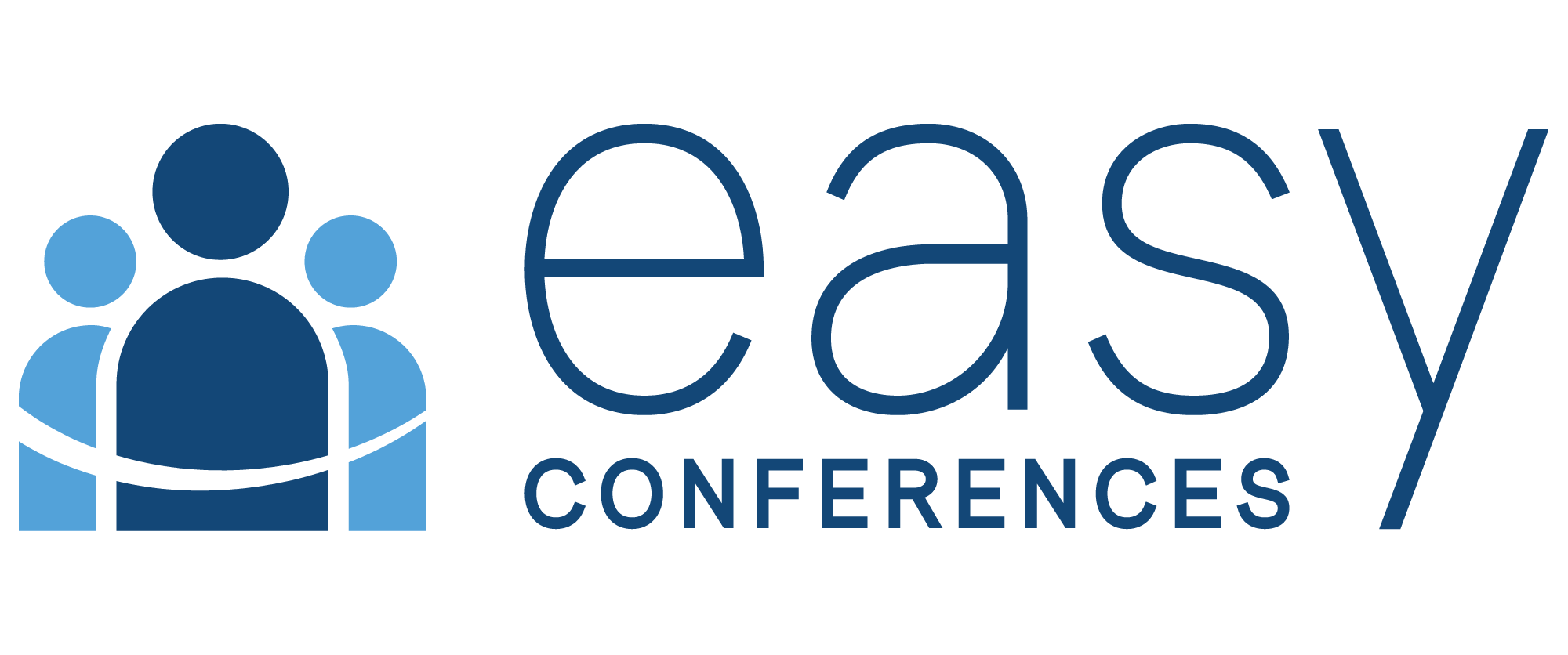Gudrun Erickson
University of Gothenburg, Sweden
Biographical Sketch
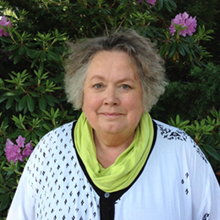
Gudrun Erickson is a Professor of Education in Language and Assessment at the Department of Education and Special Education, at the University of Gothenburg in Sweden. She originally started her carrier as a language teacher and has extensive experience in teaching, teacher education and national curriculum development. She was commissioned by the Swedish National Agency for Education as project leader for the Swedish National Testing and Assessment programme for languages and for composing material for formative and summative use. Gudrun Erickson is currently engaged in a number of European projects focusing on learning, teaching and assessment. She has been the president of the European Association for Language Testing and Assessment since 2013. Her main research interest is collaborative approaches to the development of language assessment and testing procedures and materials, specifically focusing on issues of agency and contributions by test-takers.
Abstract
Collaboration and Agency in Educational Assessment
My presentation focuses on the dual function of educational assessment, to enhance and improve learning – for students as well as for teachers – and to contribute to fairness and quality. In spite of fundamental similarities, these functions are often treated as two completely separate phenomena, frequently characterized as formative and/or summative assessment, or assessment for learning and/or of learning, respectively.
In my presentation I will talk about the balancing act between the two, emphasizing common principles that need to guide the development of a wide range of practices of assessment with the purpose of enhancing learning as well as equity in a broad sense – at individual, pedagogical and societal levels. In this, the concept of reciprocity will be brought into the discussion. I will base my reasoning on five fundamental questions that, from a general perspective, help guide the planning and analysis of all types of assessment, namely Why?, What?, How?, Who? & And...?. Thus, I will be talking about aspects of aims, constructs, methods, agents and uses, including consequences, of assessment. My main focus will be on issues of collaboration and agency, in particular on the role of students, in continuous assessment as well as in the development of large-scale summative materials. In this, I will touch up on aspects of power and empowerment, politics and policy, object and subject, connecting my reasoning to validity and ethics in a broad sense.
The empirical basis for my presentation is, on the one hand, experiences from the development of large-scale assessment materials of different kinds within the Swedish national system, on the other hand, examples from European projects, where students’ opinions have be en collected, analysed and utilized. In this, I will also make some reference to international examples of assessment materials where student agency is in focus, as well as to guidelines for good practice in educational testing and assessment.

